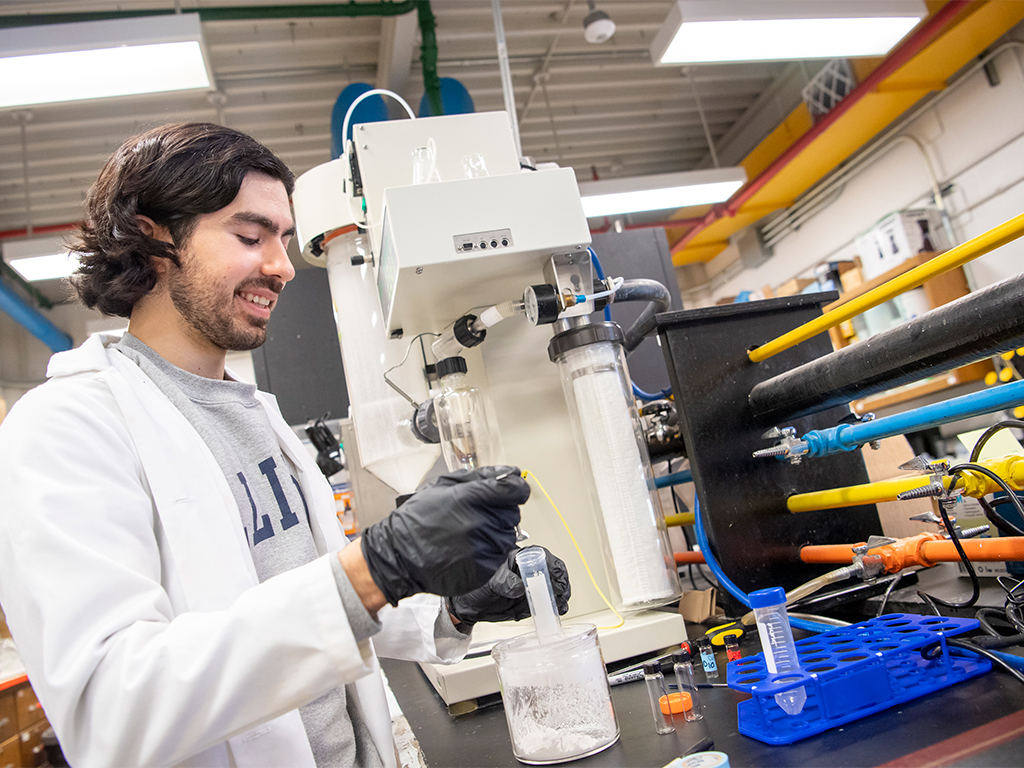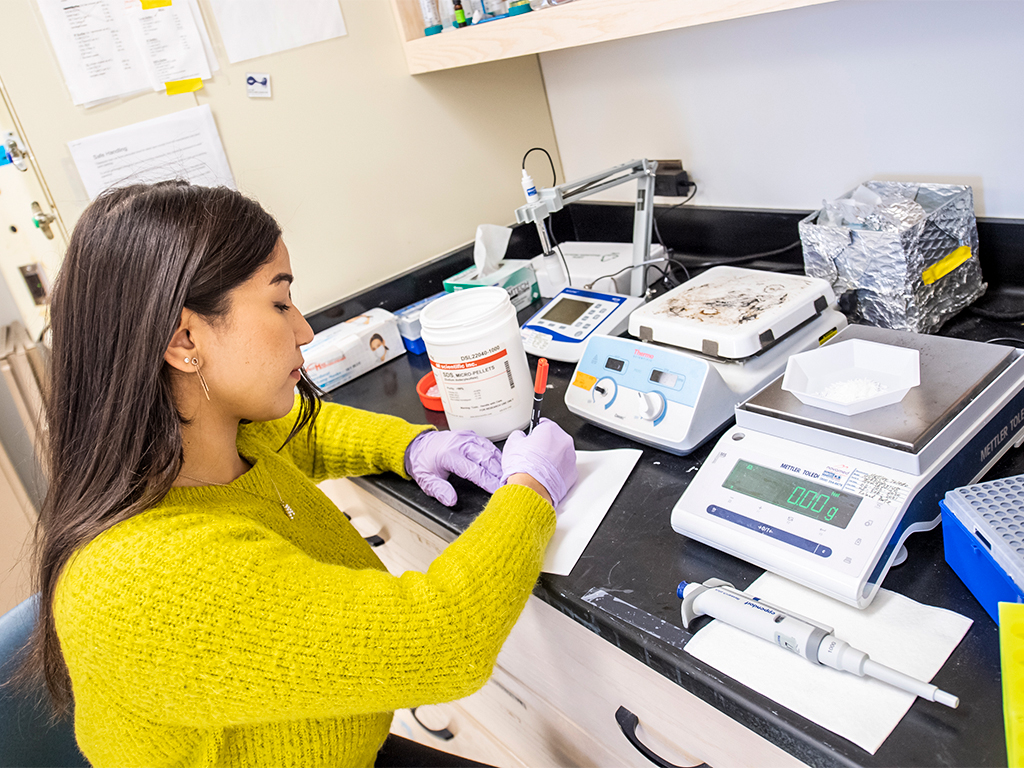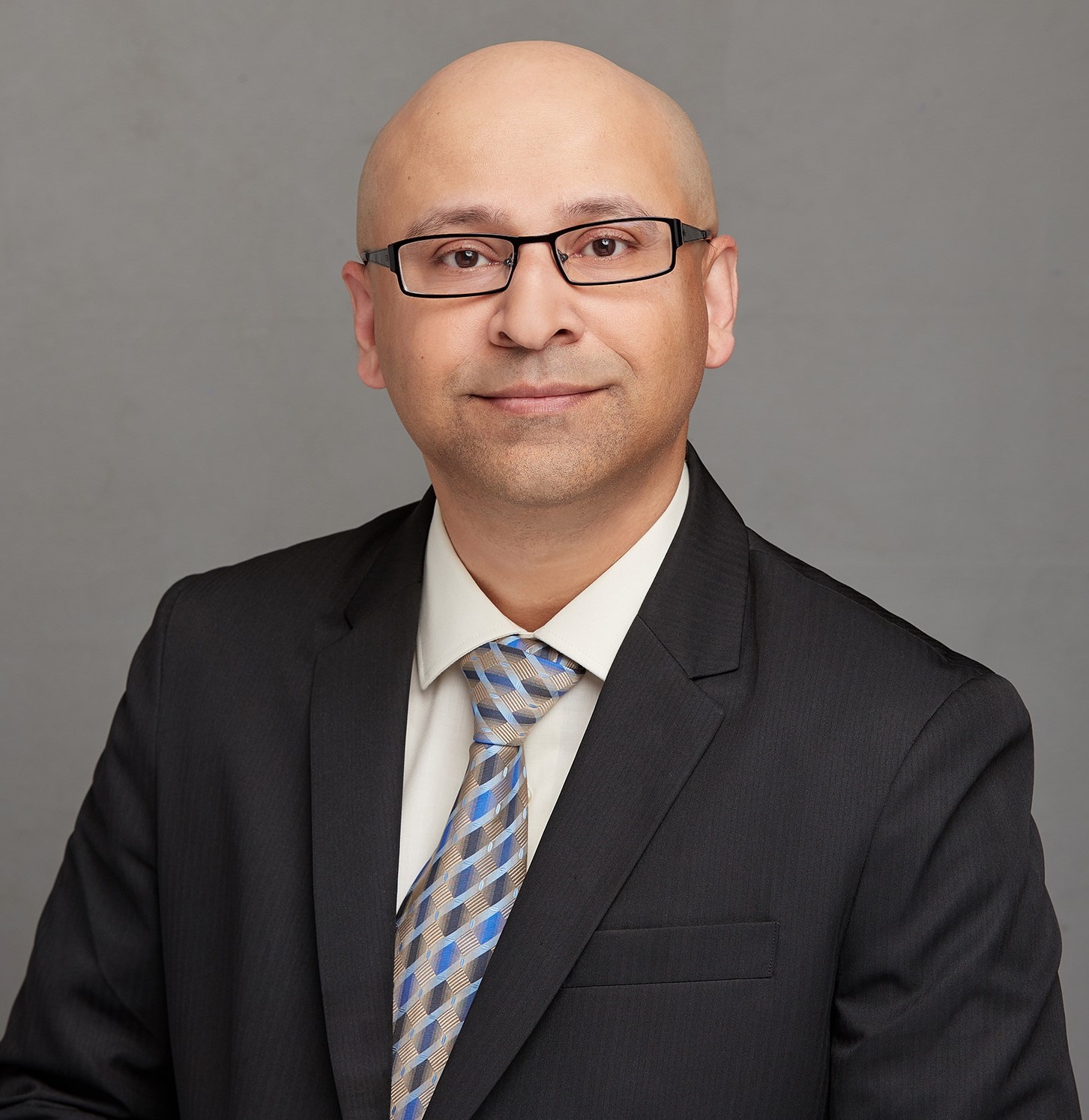Research Areas
You have the opportunity to study a wide-variety of research areas related to food science, including these general focal areas of strength:
- food chemistry
- sensory science
- food microbiology
- chemical/microbial food safety
- food processing and engineering
The Food Science MS and PHD is a STEM-designated program.
Choosing a faculty advisor
Review the list of faculty members and their research areas to select your faculty advisor. You must have a faculty member willing to train them and serve as their major professor before they can be accepted.


